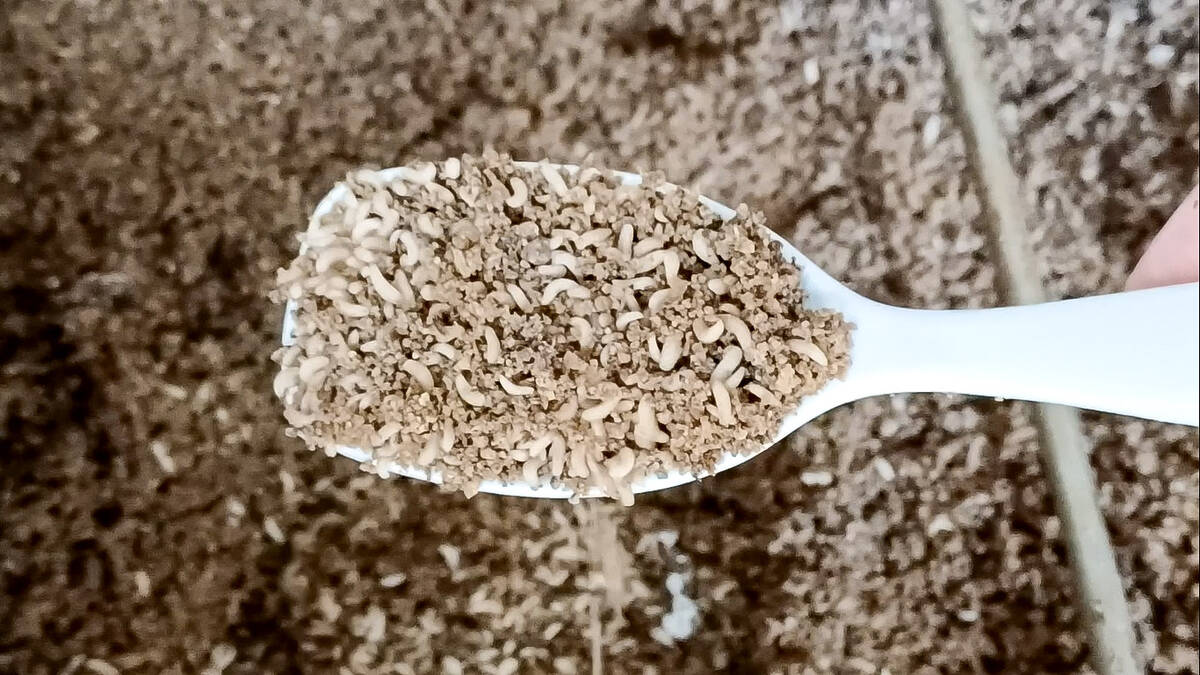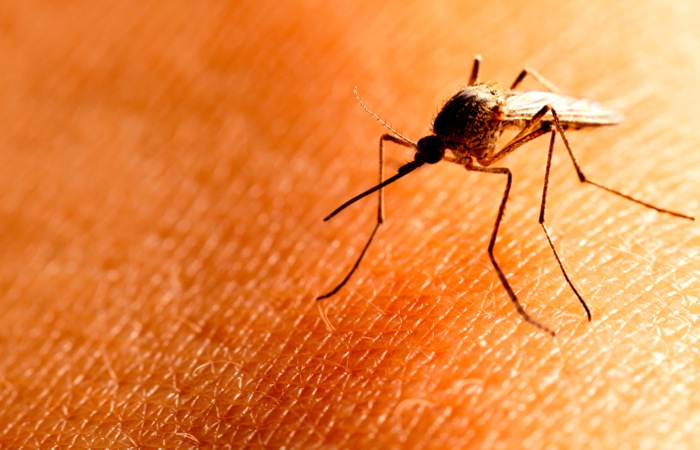Even though they have no history of safe use in Canada or elsewhere, Agriculture Minister (Marie-Claude) Bibeau announced on May 3 that Canada will exempt gene-edited plants from the regulations faced by genetically modified crops and mandatory public notification unless they contain foreign DNA or if they are herbicide tolerant.
For all other changes in a gene-edited plant, it is up to the company to decide whether their product might cause an environmental harm and thus should be assessed by the Canadian Food Inspection Agency.
There is no way for the public to know whether a biotech company’s assessment was thorough and no mechanism to ensure it reports any troublesome impacts it might discover.
Read Also

Bug farming has a scaling problem
Why hasn’t bug farming scaled despite huge investment and subsidies? A look at the technical, cost and market realities behind its struggle.
Nobody doubts that gene editing is a powerful tool. With gene-editing technology CRISPR, it is possible to change a plant’s DNA at specific locations by silencing or forcing the expression of specific genes, altering the DNA sequence or removing a gene altogether.
Gene editing can force changes that are not otherwise possible because CRISPR can defeat mechanisms that protect critical areas of a plant’s genome from random mutation.
New techniques are further expanding the scope of gene-editing technology, allowing even more profound changes to the functions of the cell.
The trouble is that science doesn’t fully understand what actually happens when changes are made this way. CRISPR can cut a gene sequence at a precise spot, but it is up to the cell to knit the DNA back together, and it might not do that as envisioned.
Genes are not Lego blocks. An individual gene can control multiple aspects of an organism’s development and its response to different environmental conditions. Gene editing is therefore likely to change more than just one trait.
A gene-edited vegetable might, for example, produce a less bitter-tasting leaf, but the altered genome might also make it more susceptible to insect infestations, leading growers to use more pesticide. The bitterness gene targeted by gene-editing might also regulate the plant’s response to heat stress, and changing it might mean the new plant needs more intensive irrigation or might produce lower yields during summer weather.
Canada regulates genetically engineered organisms as “plants with novel traits” based on their outward characteristics instead of the technology used to make changes. The CFIA’s new regulatory approach defines most gene-edited plants as “non-novel,” and thus exempt.
The companies that hold patents on CRISPR have licensed the world’s biggest seed companies — Bayer, Syngenta, Corteva and BASF — to use the technology in seed and collect royalties on gene-edited varieties. As with patented genetically modified corn, canola, and soy varieties, farmers will not be allowed to save seed from gene-edited crops for future planting.
To obtain a patent, inventors must demonstrate their product or process is new, involves an inventive step and is capable of industrial application.
So how can the same gene-edited seed be non-novel in the eyes of the CFIA, but novel according to the patent office?
Despite having no experience assessing gene-edited crops, the CFIA assumes that, for gene-edited seeds that have no foreign DNA, all the science needed to safeguard health and environmental safety already exists and is known; there will be no new questions.
Chemicals like DDT and drugs like thalidomide taught us that the benefits of new products are easy to see, but harms and problems may only become apparent over time. By allowing non-disclosure of gene-edited seed before marketing, the CFIA is closing its eyes to what might be growing in our fields, thwarting its own ability to investigate emerging issues in the future.
The current tools used to identify transgenic crops for genetically modified organism labelling in sensitive markets such as the EU cannot find gene-edited plants. However, several scientists have now published methodologies to detect them.
Allowing biotech companies to market gene-edited seed without mandatory public disclosure puts huge financial risks on farmers who will pay the cost when buyers use these tools and find unwanted gene-edited products. How will our agriculture sector recover if our export customers lose trust in Canada?
The biotech companies claim that, by using gene-editing, they can create seed with amazing new qualities to solve our biggest problems, and at the same time say these high-tech seeds are no different from the seed that farmers, plant breeders and Indigenous communities have developed over centuries of traditional breeding.
Since both these claims cannot be true, shouldn’t gene-edited plants and seeds be publicly disclosed and examined with unbiased science and publicly listed before being released?
We need mandatory, independent safety assessments and mandatory reporting to government for all gene-edited seeds and foods. The CFIA and Agriculture and Agri-Food Canada have put their faith in the biotech lobby’s claims and self-interested promises. Minister Bibeau must re-evaluate this misplaced trust and reverse her decision to give biotech companies free reign over gene-edited seed.
Until then, it is simply not possible to claim that Canada’s regulations are independent, science-based or in the public interest.
– Cathy Holtslander is the director of research and policy with the National Farmers Union.

















